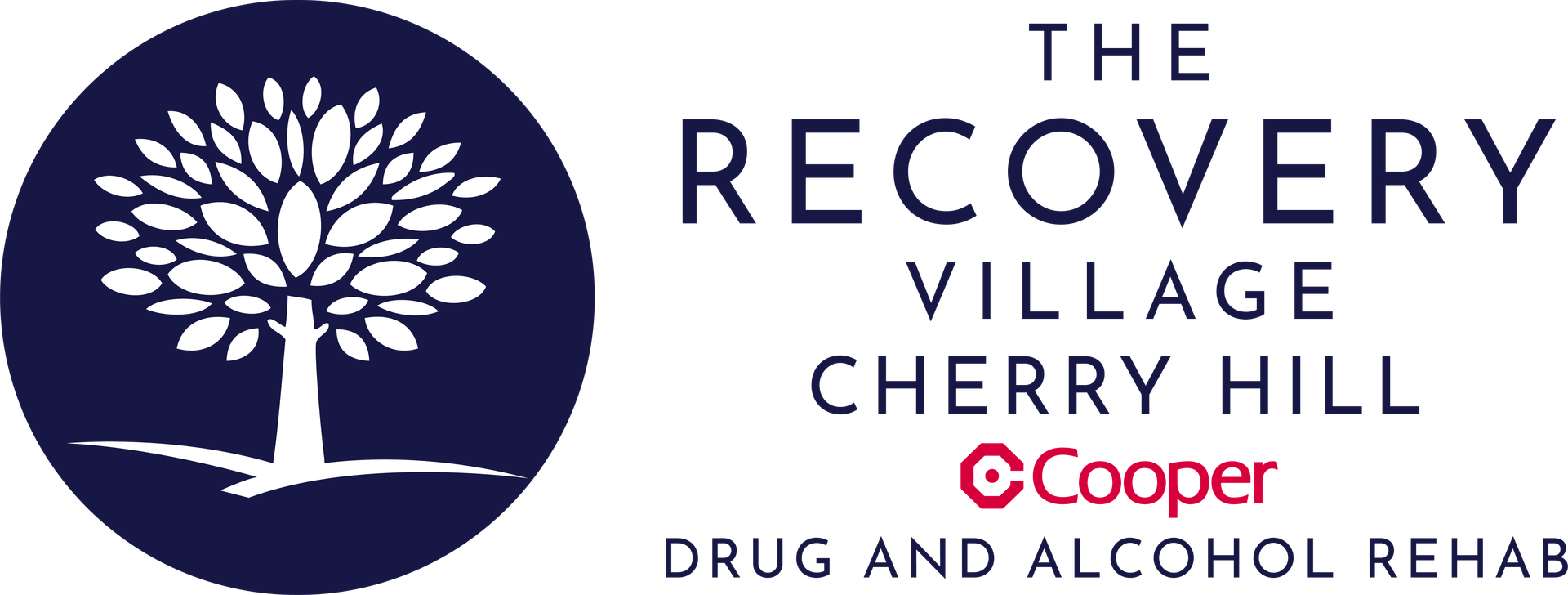Alcoholism can hurt marriages and harm children in the family, leading some people to decide to divorce an alcoholic spouse. It’s important to know what to expect.
Alcohol abuse can take a toll on relationships. If you’re married to someone struggling with an alcohol use disorder, you have probably experienced the mental, emotional and financial consequences when a family member abuses alcohol. If your spouse refuses treatment, divorcing them may become a reality for you. Learning what to expect can help.
Understanding Alcoholism
When people use the term alcoholism, they are typically referring1 to an alcohol use disorder—the medical diagnosis of someone with an alcohol addiction. An alcohol use disorder is a legitimate medical condition that causes changes in the brain, leading a person to seek alcohol compulsively, even when it can lead to serious consequences.
As of 2021, 11.3% of U.S. adults1 had an alcohol use disorder, which can be mild, moderate or severe. Engaging in binge drinking or heavy alcohol consumption increases the risk of alcohol dependence and addiction.
Recovery Can Be Life Changing
Whether you or a loved one is struggling with addiction, our expert team is here to guide you every step of the way. Don’t wait— reach out today to take the first step toward taking control of your life.
“My life has became something that I’m proud of and something I can be grateful for.“
– Joseph McDermott, The Recovery Village Cherry Hill Alumni
Signs Your Spouse Is an Alcoholic
If your spouse abuses alcohol, they may show symptoms and signs1 of an alcohol use disorder. Remember that occasionally drinking too much doesn’t mean your spouse has an alcohol use disorder.
Some of the signs and symptoms of a spouse’s alcohol use disorder include:
- They cannot reduce the amount they drink, even if they’d like to.
- They have given up hobbies and leisure time activities in favor of drinking.
- They continue to drink, even though it causes problems in their marriage.
- They cannot keep up with work or family responsibilities because of their alcohol abuse.
- They drink even when it places them in danger or contributes to a health problem, like high blood pressure.
- They show withdrawal symptoms when they are not drinking.
- They frequently drink a larger quantity of alcohol than intended or need to drink larger amounts to achieve the same effect.
- They talk about craving alcohol and spend a significant amount of time drinking or recovering from being drunk.
How Alcoholism Affects Marriages
If you’re thinking about divorcing an alcoholic, it is probably no surprise that alcoholism can damage marriages. In fact, one of the symptoms of an alcohol use disorder is continuing to drink when it causes problems with your family.
A study in Clinical Psychology Review looked at just how damaging alcohol use disorder is for marriages. Results showed that alcohol problems and heavy drinking are linked to lower levels of marital satisfaction. Further research found stress related to alcohol problems resulted in reduced marital satisfaction.
In some cases, the negative effects of alcohol abuse on marriages can be severe. Multiple studies have found a relationship between alcohol abuse and violence within marriages. More specifically, the research found that aggressive husbands consumed more alcohol and were more likely to be dependent on alcohol when compared to non-aggressive husbands.
Sometimes, the strain on the relationship can make divorce seem like the only option. However, there are ways you may be able to help your spouse before things move in that direction.
How Alcoholism Affects Families
Just as alcoholism can hurt marriages, it can also damage families. For instance, a person with an alcohol use disorder may be unable to maintain steady employment, creating financial problems for families.
A study involving interviews of individuals who underwent treatment for drug and alcohol addiction found that addiction was linked to numerous forms of disruption within families, including marital problems, loss of child custody, job loss and abuse. Individuals who abused drugs and alcohol also experienced legal trouble and accidents, causing distress to their families.
Perhaps the most significant consequence of having a spouse who abuses alcohol is its effect on children. One recent study found that alcoholism in mothers was linked to financial strain and an overall negative family climate, increasing the risk that their children will use alcohol by age 15.
Alcoholism and Divorce
Alcoholism and divorce statistics show that divorce is more likely for people with an alcohol addiction. A 2014 study found that among those with alcohol use disorder at some point during their lives, 48.3% experienced a divorce compared to 30.1% of those with no history of alcohol use disorder.
Given the harmful effects of alcoholism on marriages and families, it is no shock that it increases the risk of divorce. Some reasons people may choose to divorce an alcoholic spouse include:
- They cannot cope with the ongoing stress of alcoholism in the home.
- They desire to protect the children from the effects of being raised in a home with an alcoholic parent.
- They no longer want to financially support an alcohol-dependent spouse who does not work.
- They have endured physical and emotional abuse and want to escape.
- Alcoholism has led to a lack of physical and emotional intimacy in the marriage, and one spouse desires more.
- The spouse has given the person with alcohol use disorder numerous opportunities to change, but they continue to refuse treatment.
Is Alcoholism Grounds For Divorce?
The laws associated with divorcing an alcoholic vary from state to state, but all 50 allow for a no-fault divorce, meaning each partner’s faults are not considered in proceedings. While all states allow no-fault divorces, only 17 states and the District of Columbia are true no-fault divorce states, meaning it is the only option. In this instance, the court considers marriage a contract termination and does not consider behaviors like alcoholism.
Proving Alcoholism in Divorce Court
If you live in a state that offers at-fault divorce as an option, you will need to prove your spouse is struggling with alcoholism. This will require you to produce evidence, which could include:
- Medical records or assessments from healthcare professionals confirming the presence of alcoholism or related health issues.
- Witness testimonies from friends, family members, or colleagues who can attest to your spouse’s alcoholism, its impact on the marriage, and any relevant behaviors.
- Police reports or records of alcohol-related incidents, such as DUI arrests or public intoxication, that demonstrate your spouse’s struggles with alcohol.
- Documentation of any rehab or treatment programs your spouse may have attended for alcoholism, along with their attendance records and progress reports.
- Evidence of financial instability or mismanagement resulting from your spouse’s alcoholism, such as unpaid bills, gambling problems, or excessive spending on alcohol.
- Testimonies from mental health professionals who can speak to the psychological and emotional impact of your spouse’s alcoholism on your marriage and family life.
- Correspondence, such as text messages, emails, or social media posts, that show your spouse’s acknowledgment of their alcoholism or its consequences.
Please note that the specific requirements for proving alcoholism in divorce court may vary depending on the laws and regulations of your state or jurisdiction, so it’s advisable to consult with a family law attorney to navigate the process effectively.
Divorcing an Alcoholic Who Is the Family’s Financial Support
Divorcing an alcoholic spouse may seem scary for those who rely on their spouse for financial support. If your spouse is a functional alcoholic, they may be able to continue working and could even be the primary breadwinner for the family.
Child Custody Determination
Another consideration when divorcing someone with an alcohol use disorder is child custody. When a judge hears a divorce case, their responsibility in child custody decisions requires determining the child’s best interests. This means they will make custody and visitation orders to ensure children are cared for and safe.
Establishing a Support Network
When you are considering a divorce from someone with an alcohol use disorder, and children are involved, establishing a strong support system for your family is crucial. You will want to have people you and the children trust and feel comfortable with around during the difficult process of a divorce. This can be other family members, friends, babysitters and even involving your child’s school if they are in formal school.
Emotional Challenges of Divorcing an Alcoholic
If you decide to end the marriage, expect challenges after the divorce. You might go through a period of grieving the loss of your marriage, especially if the union was strong before your spouse developed an alcohol addiction. It is normal to have mixed emotions, including anger, sadness or even relief, before you decide to get a divorce and go through with it.
Coping with Guilt and Shame
You may feel guilt and shame about divorcing your partner, even if it is the right thing to do for yourself and your family. You may feel you have let down yourself or your family if you get a divorce or feel there is a stigma attached to people who get a divorce. It can take time to adjust to a divorce and what life will look like for you moving forward.
Self-care During Divorce
It may be difficult to focus on yourself after a divorce, especially if there are children involved who also need care and support through the divorce process. Although it may not feel like your mental and physical needs are a priority, it is important to take care of yourself during the divorce process so that you can make the best decisions for yourself and your family.
What To Expect After Divorcing an Alcoholic
Rebuilding Life After Divorce
Imagining your life after divorce can be overwhelming and scary as you adjust to what the new normal will be for you. There are supports you can lean on after your divorce to help you rebuild your life in a new and meaningful way.
Counseling and Therapy
You may want to consider individual counseling or therapy after your divorce. Therapy can help you process your divorce and the impact it will have on you and your family in the future. Therapy can also be a wonderful tool to develop coping mechanisms for the emotional aftermath of a divorce. Family therapy could also be beneficial if you have children who you want to support after a divorce as well.
Support Groups
There are support groups that deal specifically with divorce and groups that can help you cope with having a family member who is an alcoholic. Groups such as Al-Anon and Al-teen can be great options for supporting family members and children who have someone in their lives with an alcohol use disorder.
Co-parenting with an Alcoholic Ex-Spouse
Co-parenting with an alcoholic ex-spouse may seem like a challenging task, especially after the stress of a divorce. Using the supports mentioned above can help you come up with a plan that feels safe and manageable for you to co-parent with your ex-spouse. You can also encourage your ex-spouse to participate in therapy, support groups or other forms of counseling or support so that you can continue to co-parent in a way that is beneficial for you and your children.
After time passes and you process your emotions, you may find life becomes easier when you no longer live in a home affected by alcoholism.
If you or a loved one lives with alcohol addiction, help is available. The Recovery Village Cherry Hill at Cooper provides comprehensive alcohol addiction treatment, including inpatient and outpatient rehab, in South Jersey and Philadelphia. Contact us today to begin the admissions process.




